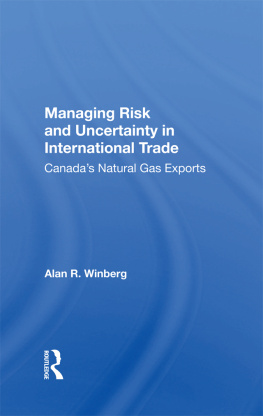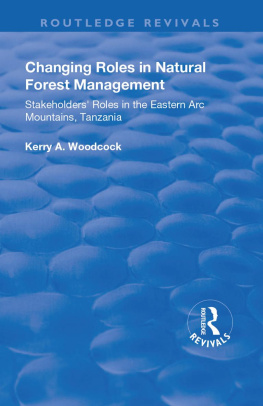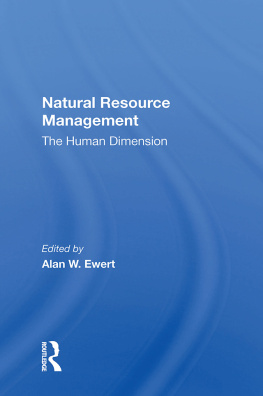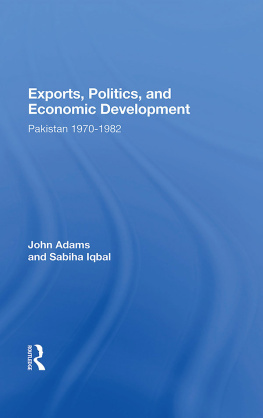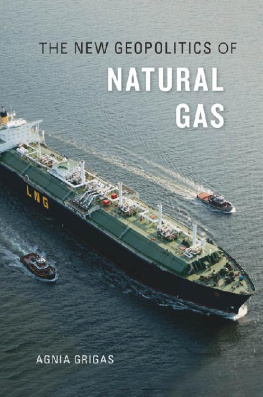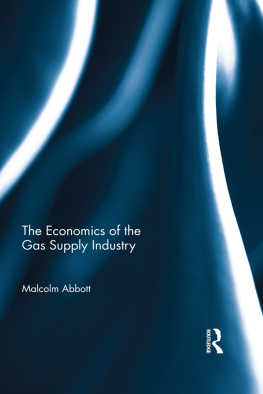Managing Risk and Uncertainty in International Trade
About the Book and Author
This book is addressed to those interested in an analysis of Canada's natural gas exports, North American natural gas market trends, and more generally, international trade in raw materials. The author outlines the development of Canada's natural gas industry and examines the country's management of natural gas exports, applying his findings to the more general international issues related to trade in primary commodities. Emphasis on risk management in uncertain, competitive environments provides useful parallels with other industries. Four major, interrelated conclusions are drawn concerning the nature of price appreciation and fluctuation for commodities, the tendency for governments to become involved in more and more aspects of commodity trade, the growing tendency for the basic ground rules for trade to be changed in mid-course, and the nature of how technological change affects the supply and demand for commodities on the international market.
Alan R. Winberg is assistant director of the Program Evaluation Division of the Department of Consumer and Corporate Affairs of the Canadian government.
Managing Risk and Uncertainty in International Trade
Canada's Natural Gas Exports
Alan R. Winberg
First published 1987 by Westview Press, Inc.
Published 2019 by Routledge
52 Vanderbilt Avenue, New York, NY 10017
2 Park Square, Milton Park, Abingdon, Oxon OX14 4RN
Routledge is an imprint of the Taylor & Francis Group, an informa business
Copyright 1987 Taylor & Francis
All rights reserved. No part of this book may be reprinted or reproduced or utilised in any form or by any electronic, mechanical, or other means, now known or hereafter invented, including photocopying and recording, or in any information storage or retrieval system, without permission in writing from the publishers.
Notice:
Product or corporate names may be trademarks or registered trademarks, and are used only for identification and explanation without intent to infringe.
Library of Congress Catalog Card Number: 86-51473
ISBN 13: 978-0-367-00864-2 (hbk)
For Donna Ruth
The rate of development of a nation's capital stock of non-renewable resources and decisions on whether to export these commodities and on what terms are fundamental issues for nations that possess such resources. Some of the questions that arise are specific to the nation and/or the particular commodity; however, many are applicable in general to a variety of cases, including both renewable and non-renewable resources. The focus of this study is Canadian policy for the export of natural gas over the period of 1950 to 1985.
By examining the Canadian experience with natural gas, the study will attempt to clarify the issues involved and major considerations which come to bear in choosing between the policy options open to governments with natural resources, but which require an export component in order to achieve the optimal rate of development for these resources. The discussion provides an overview of the type of problems facing exporters of natural resources and the solutions being proposed to remedy some of these problems.
The regulation, by various levels of government, of the natural gas trade has been extensive in both Canada and the United States. In both countries, natural gas has been viewed as a commodity of strategic importance to the national welfare, and intervention in the industry by the federal level of government has involved the licensing of exports and imports and the regulation of various aspects of interprovincial and interstate trade. There is no question that trade regulation by the governments of Canada and the United States has altered the pattern of development which would have occurred had there been no restrictions on trade.
While this study focuses on the nature of and the effects of Canadian government intervention, Canada's export policies cannot be fully understood without a detailed examination of the situation in Canada's export market. In the first place, discussion focuses on why export policy for natural gas has had to be conceived in terms of the U.S. market. Following this, regulation of the industry in the United States is discussed, particularly as it relates to natural gas trade with Canada.
After an examination of the evolution of Canada's natural gas industry and exports, Canada's export policies are outlined and related to the goals being pursued. It will be shown that while the central goal of the government's policy has been to promote east-west ties, policy has been influenced by three key objectives. These are: the achievement of rapid delineation of the size of Canada's gas reserves; the optimal timing of the development of these reserves, and the extent to which exports are required to achieve this; and, the attainment of maximum value to Canadians in return for the appropriate volumes of natural gas exported to the United States.
Finally, Canadian export policy for natural gas is evaluated in terms of the policy objectives, and some of the major assertions of dependency theories of economic development. Export pricing, as well as Canada's policies and mechanisms to protect future requirements for natural gas, are examined. Discussion then turns to the matter of substitution of other forms of energy for natural gas and how the export price for natural gas is related to the price of substitutes and the overall demand for energy in North America and the world. Comparative observations are made with regard to policies pursued by the Netherlands government and Norway and also, at the sub-national level, by the state of Texas.
Special attention is given to the concept of uncertainty, and how it has been and could be treated in the policy-making process. Uncertainty has been one of the key factors in the evolution of Canada's natural gas export policies. Policy makers have weighed the risks and decided how both the petroleum industry and the Canadian public would share the costs required to avert some of the most unacceptable risks. Security of supply and Canadian nationalism were two of the major reasons that western reserves were connected with eastern markets at greater costs than would otherwise have been incurred. As for the problems involved in forecasting demand for and supply of natural gas and other energy sources, many factors, especially the world price of substitutes such as oil, are completely outside the control of a supplier such as Canada, and these add a further degree of uncertainty which must be addressed. The concept of uncertainty in the economics of natural gas exports is a major factor which has to be explicitly provided for in policy making in this sector, not only for decision makers in Canada, but also for authorities with similar responsibilities in countries or regions that must make similar judgements in the marketplace.
Alan R. Winberg
I would like to express my sincere thanks to Professor Susan Strange of the London School of Economics and Political Science for her patient guidance and thoughtful advice. I would also like to thank Professor Lawrence Alschuler of the University of Ottawa, Jonathan Stern of the Royal Institute of International Affairs in London and Peter Eglington of the Ottawa Energy Group Ltd. for their helpful comments and suggestions.

